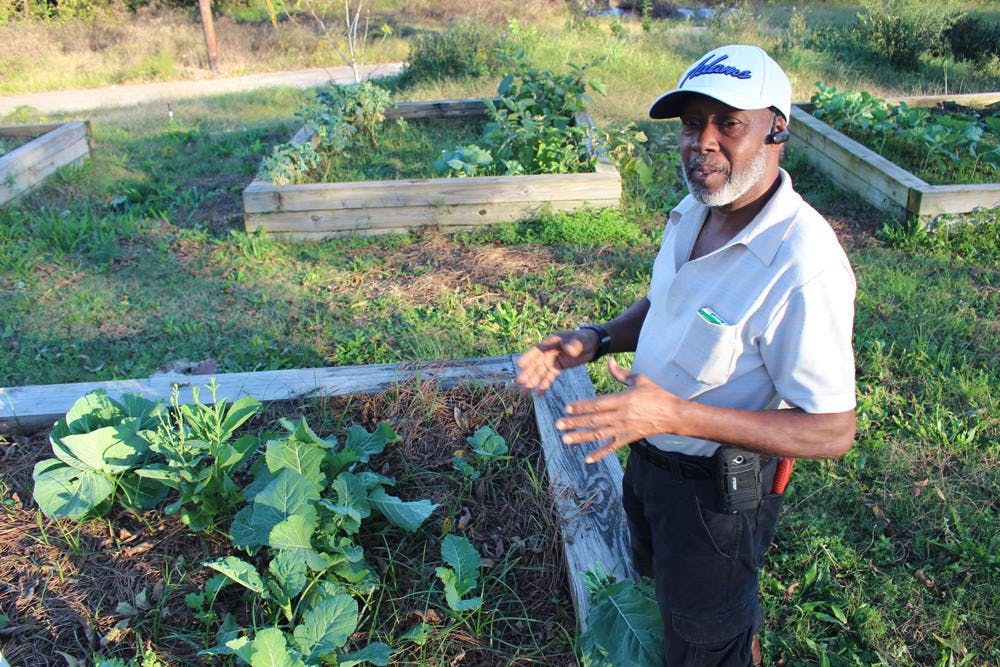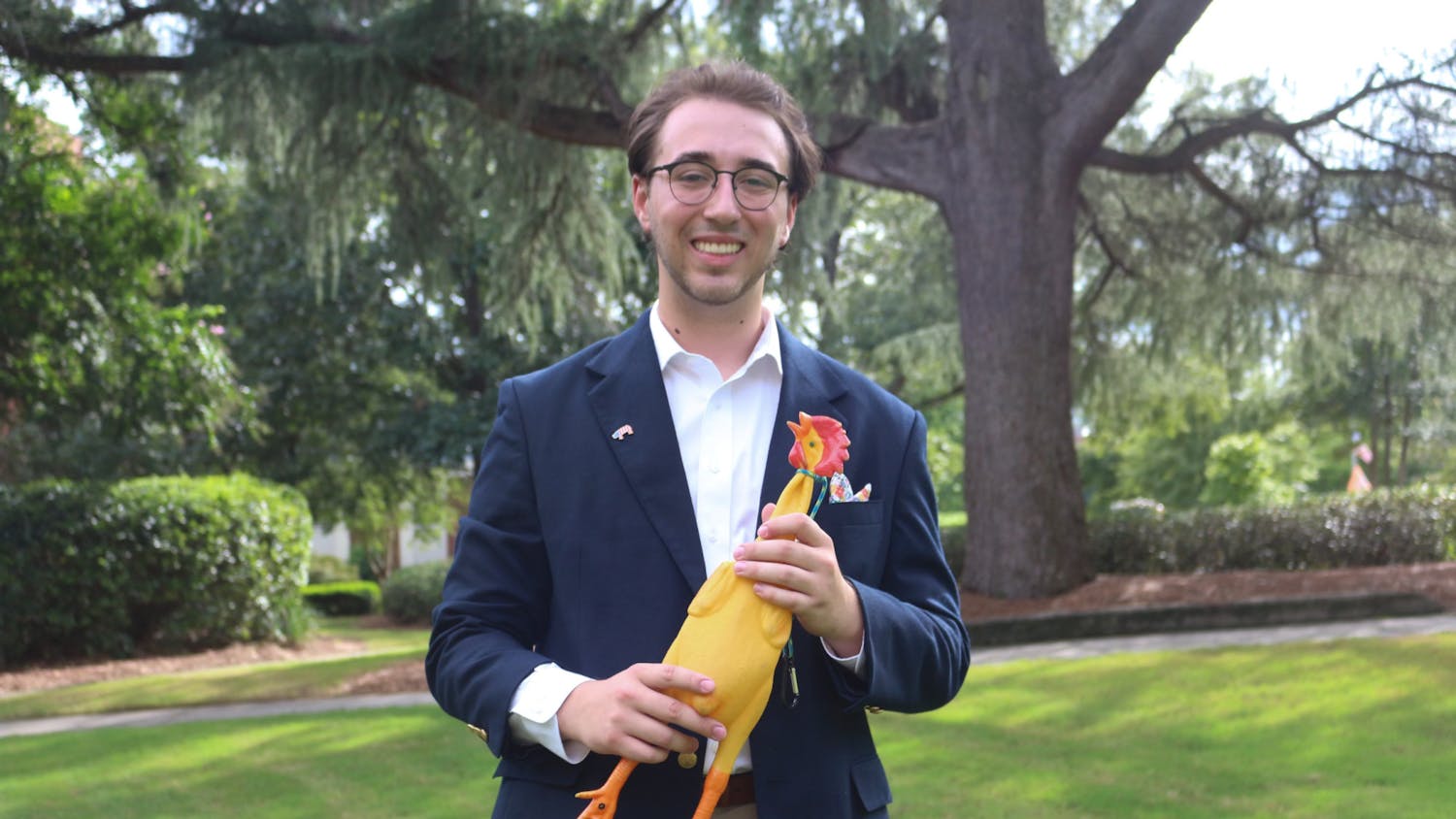As a senior English literature major, I am well aware that my field of study is not widely considered to be useful by many outside of the discipline. It would not surprise me if the English Literature department was well near the bottom of the list of candidates expected to tackle Mercer's “Research that Reaches Out” initiative. I have to admit that even I was surprised when Dr. Davis announced to our civil rights literature class that we would be taking part in the initiative. He explained to us his general vision for the project: We would read and thoroughly discuss the novel “Youngblood” by John Oliver Killens, a black author who grew up in Macon in the 1920s and 1930s. Following our reading, we would do research on the Macon that Killens grew up in and attempt to piece together as much of the factual background of the novel as we could. We would then create a website that situated the fictional events in the novel within the context of Killens’ Macon. This was Dr. Davis’ general vision; the rest he left up to us.
We read the novel over a week or two and discussed major topics that would serve as pages on our site. I chose to research Macon’s economic history at the time that the novel was set, so my job consisted of work in the Washington Library archives as I attempted to piece together what the economic landscape would have looked like to members of Macon’s African American community during the Great Depression. However, even as I spent time digging through the archives, I had the privilege of watching other members of my class get out and really connect with the legacy of this novel in a very modern, real-world way.
One of my classmates was able to travel with Dr. Davis to Atlanta in order to interview men and women who helped civil rights organizations facilitate the African American vote in Macon at a time when it was legal, but still very dangerous, for minorities to vote. Another classmate took the initiative to attend a Neighborhood Association meeting at Pleasant Hill, the neighborhood that Killens grew up in, where she was able to interview residents about the trials living in the community during much more racially charged times.
In the end, what was meant to be a website that provided information about a little-known author and his work ended up becoming a collection of information on a community that, at the time, no one outside of that community was concerned with faithfully documenting because of rampant racism. Killens’ novel provided a bridge between a seemingly stagnant history and a living, breathing community right outside our classroom door. My hope is that this project will inspire others to reach back into the history of Macon and other cities and attempt to fill those gaps as faithfully as possible because the members of these communities and their descendents deserve to have their lives and histories honestly and thoroughly documented just as much as anyone else.
Anyone interested in our project can view it at killensyoungblood.com.
Research that Reaches Out: The Youngblood Project

Peter Givens, a Pleasant Hill Native, shows off the vegetables grown in his garden.




